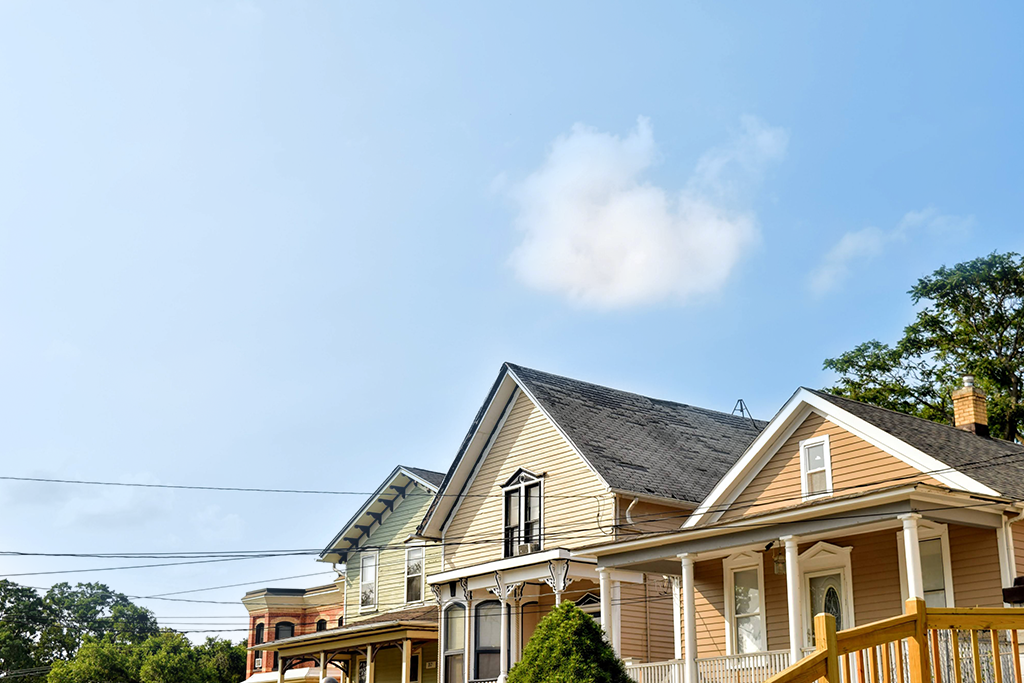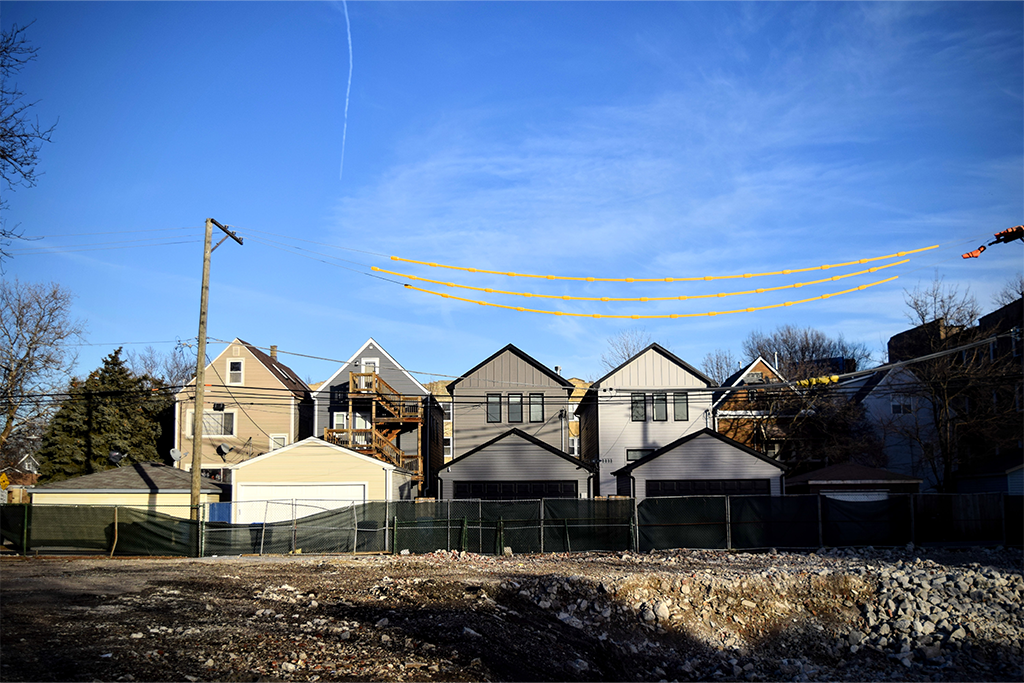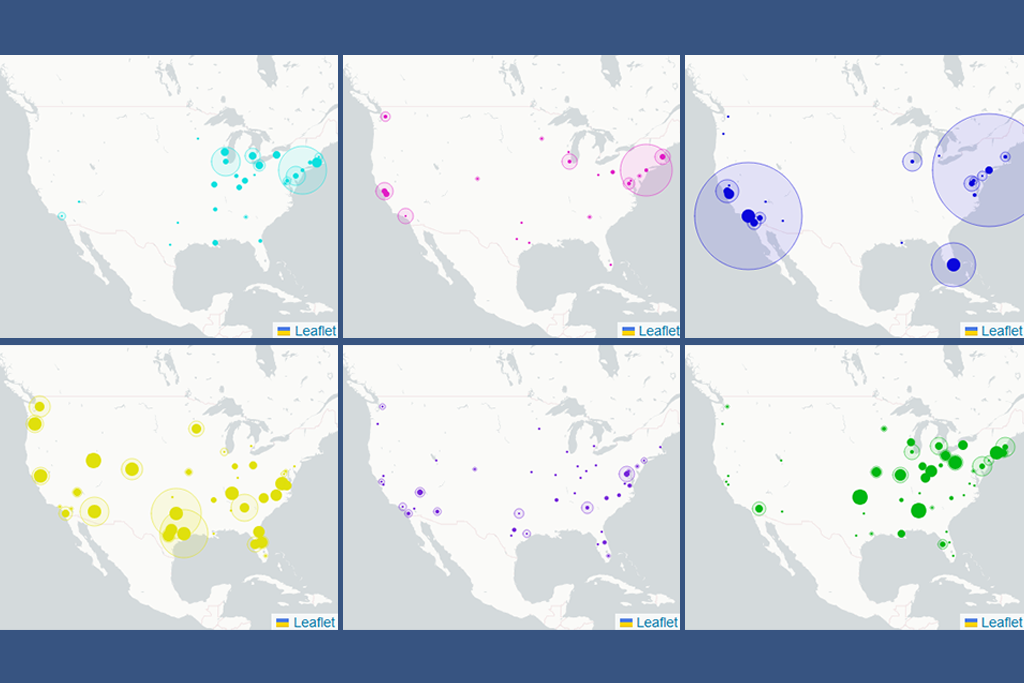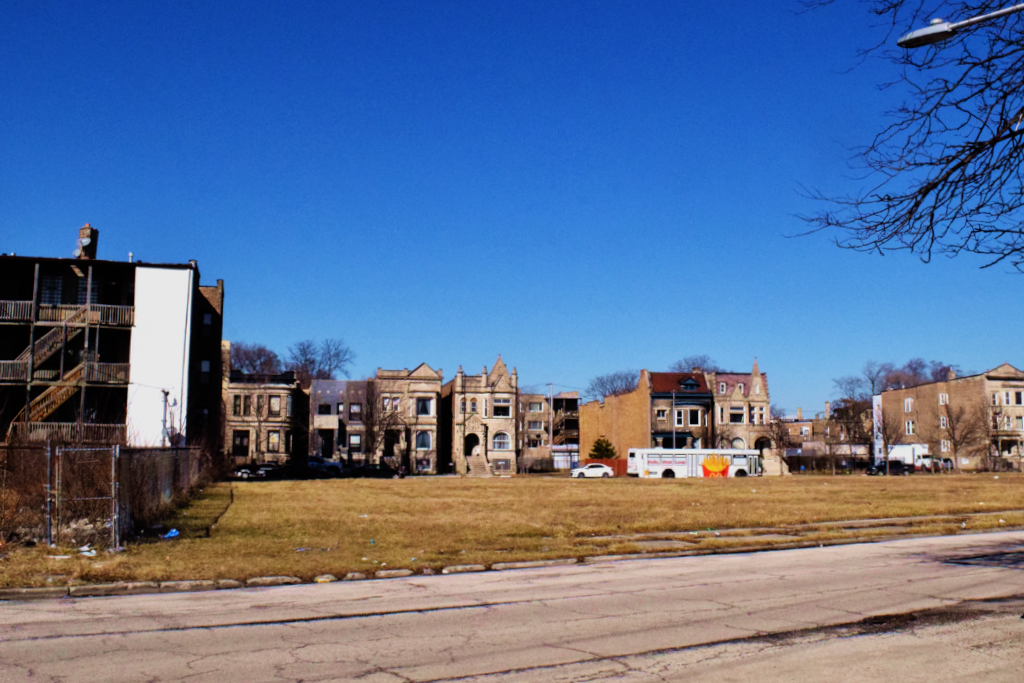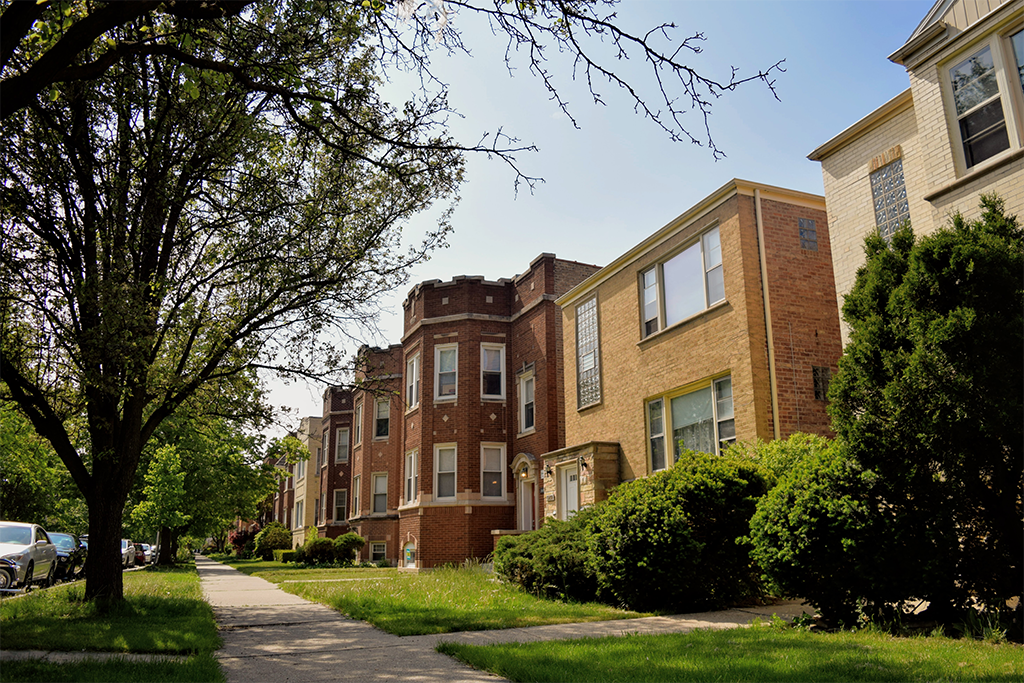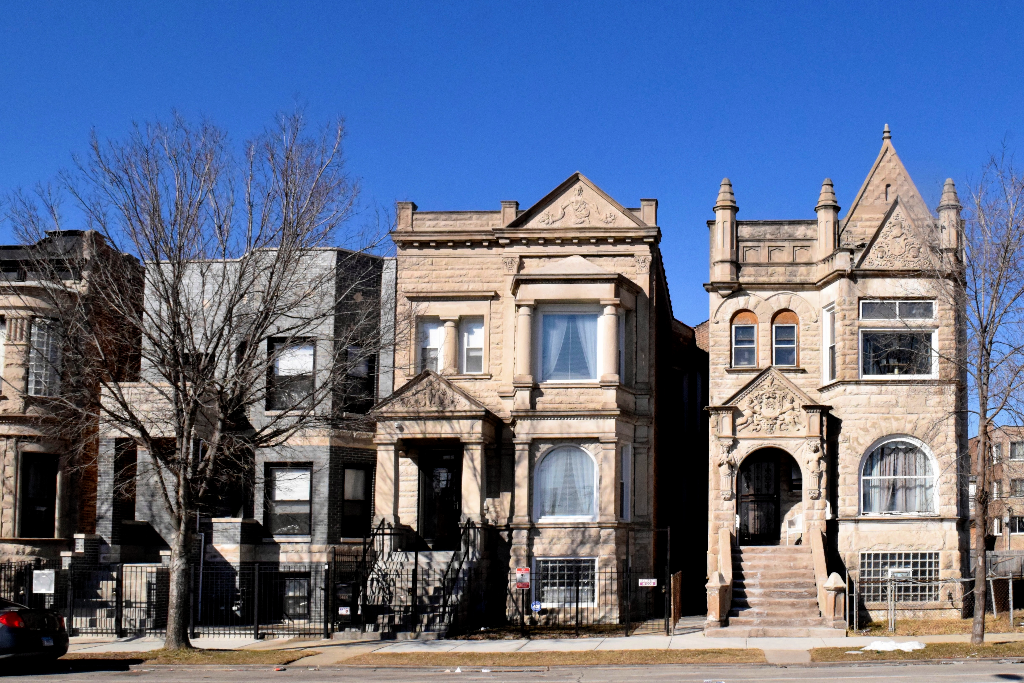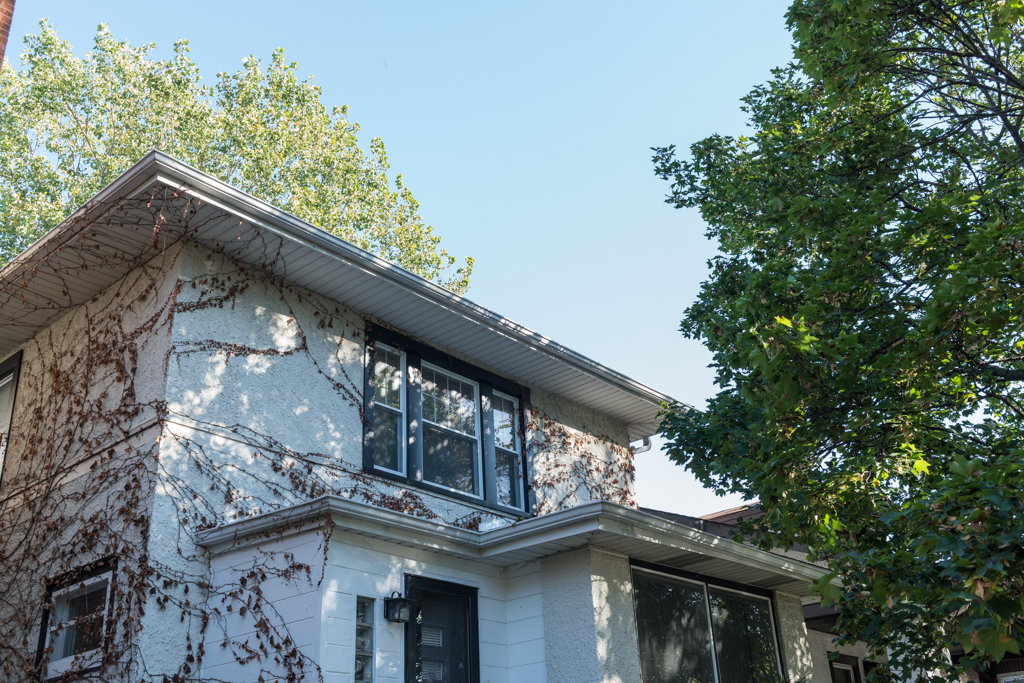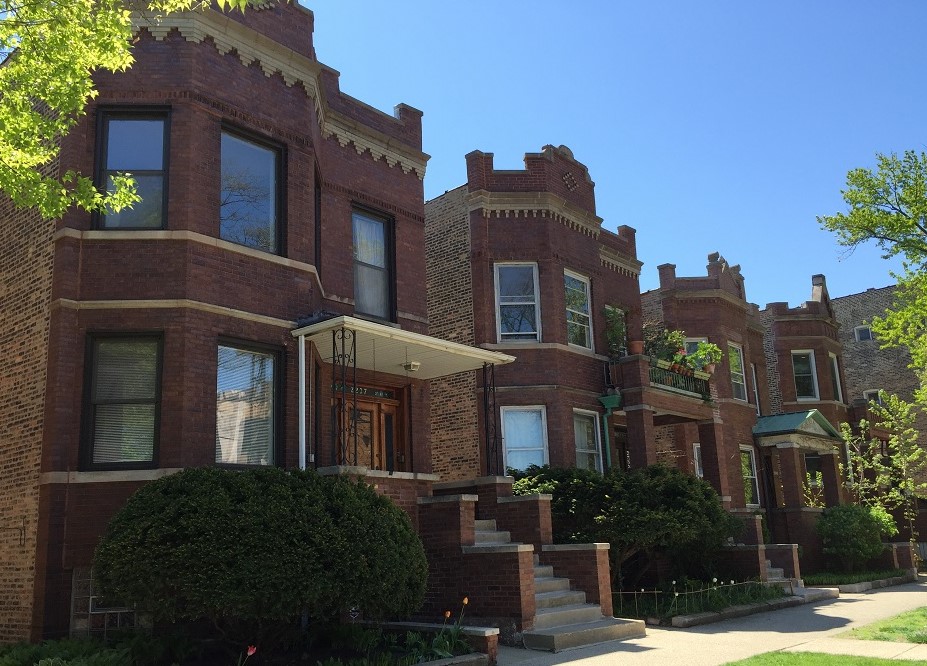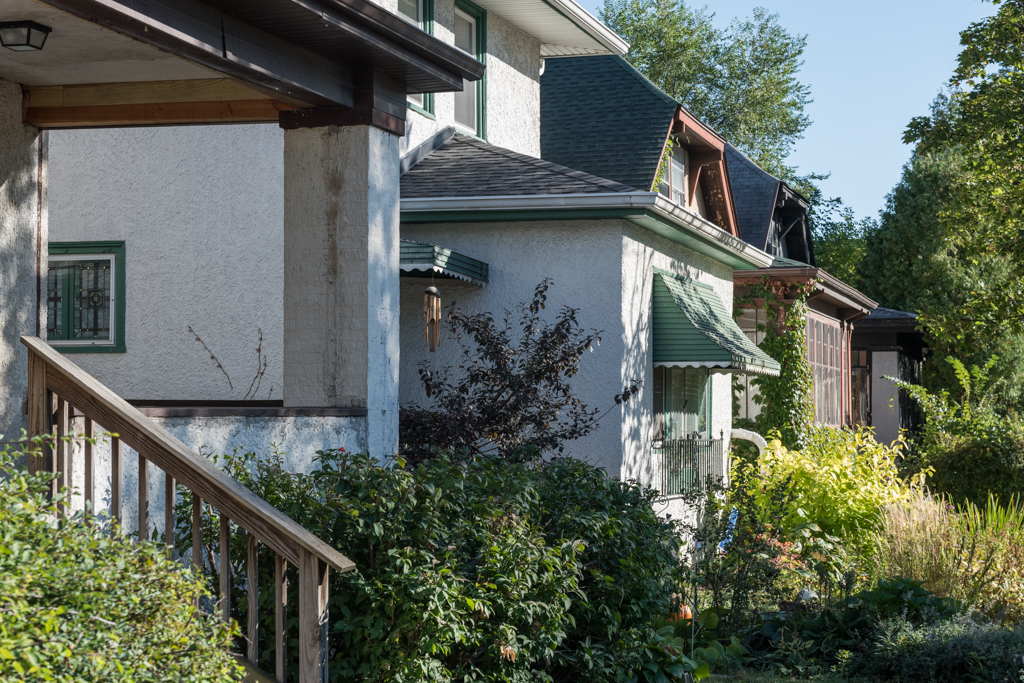Reports
This section highlights standalone reports and applied research products released by IHS.
Data to Understand Housing Affordability in the Northeastern Illinois Region
IHS collaborated with CMAP to create updated Local Housing Profiles, which display housing market data for various geographies in the Northeastern Illinois region.
Strategies to Support Community Land Trusts in Illinois
The Illinois Community Land Trust Task Force met throughout 2024 to determine ways the State could support CLTs in Illinois. The Task Force's final report, assembled by IHS, is available to read here.
Using Data to Break Up the NOAH Monolith
IHS and the Preservation Compact recently collaborated on a project to inform the development of local and national policies supporting the preservation of unsubsidized, lower-cost rental housing.
Data Highlighting the ETOD Implications of Vacant Land Near Transit
As part of a recent collaborative project to understand the implications of vacant land near transit, IHS developed an in-depth analysis of City- and privately-owned vacant land near CTA train stations across Chicago. This report highlights data and analysis developed as part of this work.
Transfer on Death Instruments and Their Role in Estate Planning in Cook County
This data brief examines the role that transfer on death Instruments play in facilitating the transfer of real estate to heirs and provides data on the patterns of TODIs filed on homes with an active senior exemption in neighborhoods across Cook County.
Assessing Obstacles to Aging in Place for Chicago's Older Homeowners
This research brief discusses some of the key issues that emerged from these discussions and includes new data analysis highlighting the characteristics and spatial patterns of properties owned by older adults in Chicago.
Recent Homebuying Patterns for 2 to 4 Unit Properties
This analysis documents the importance that 2 to 4 unit buildings play in homebuying for Chicago’s borrowers and neighborhoods of color and helps connect policy priorities around preserving 2 to 4s with those that advance homeownership and wealth-building for moderate- and middle-income Black and Latino households.
Housing Needs and Economic Conditions of Cook County’s Older Adults, 2021
The development of impactful policy to address the unique housing needs of Cook County’s older adults requires local and timely data on changing conditions, informed by the data needs of issue-area stakeholders. This analysis leverages the local knowledge of roughly 20 Chicago-area organizations working on older adult housing issues to create a practitioner-focused resource on key demographic and socioeconomic conditions related to older-adult housing demand and economic and housing insecurity in Cook County.
The Preservation Lab Releases New Resources to Support NOAH Preservation Strategies
Chicago’s diverse stock of naturally occurring affordable housing (NOAH) faces a variety of challenges. A new report and resource clearinghouse from The Preservation Lab, an initiative co-led by the Institute for Housing Studies and The Preservation Compact, documents the risks and pressures facing NOAH buildings, owners, and tenants in different market contexts and provides resources and guiding principles to assist community stakeholders in developing tailored NOAH preservation strategies.
Data and Research to Facilitate Equitable Homeownership in Chicago
Facilitated by the Chicago Community Trust’s Protecting and Advancing Equitable Homeownership initiative, the Institute for Housing Studies at DePaul University (IHS) partnered with the Urban Institute to develop a data resource for Chicago practitioners, policymakers, and advocates working to reduce the racial homeownership gap. Read more about Chicago Housing Overview: Preserving Affordability and Expanding Accessibility here.
